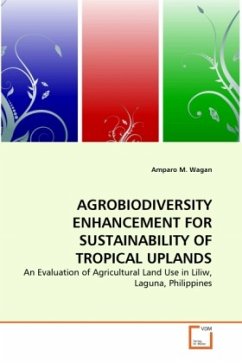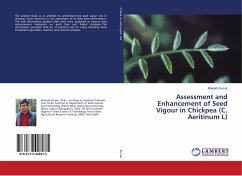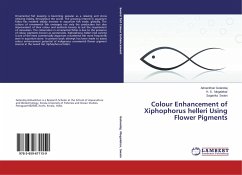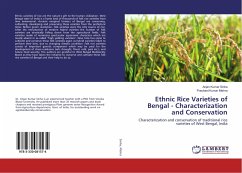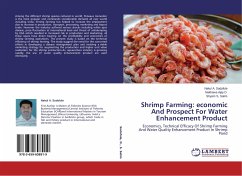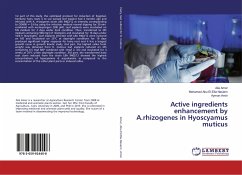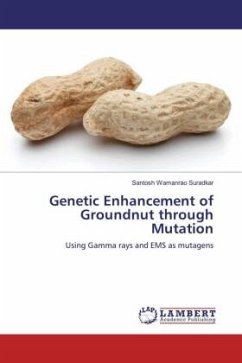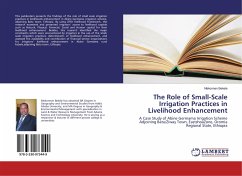A methodological framework for assessing agricultural land use in the tropical uplands was tested in an upland area in the province of Laguna, Philippines. The aim is to explore the potential of enhanced agrobiodiversity as a management alternative for agricultural land use in the uplands in terms of environmental protection, productivity and acceptability. Results showed that diversifying production systems through integration of horticultural trees and vegetables protects the topsoil, reduces nutrient wastage and is more profitable than non-diversified production system. The Logit model analysis showed further that leadership quality and land ownership will likely influence diversified production but personal characteristics like years of farming experience, other livelihood sources, land size, awareness of land degradation and effect of agrochemicals on farm workers' health have no likely influence on the diversity of production systems. Despite the environmental and economic advantages of enhanced agrobiodiversity, there are a number of weaknesses and barriers to its further development and implementation in the tropical uplands.
